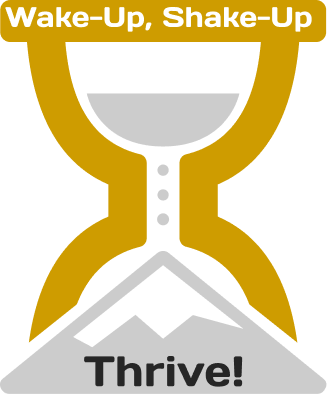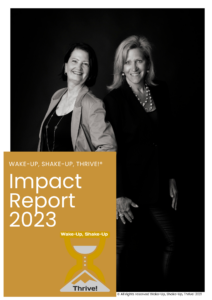If you were to imagine waking and shaking up your life by the end of 2023, what steps would you need to take, starting now, to get there?
To help you prepare for your upcoming annual journey, we take a deeper look at the 4 Ps: Process, Permutation, Praise, and Patience and how these principles help you gear up for whatever direction you’re headed – so long as you’re beginning your ascent! The view from the top is always worth it.
Focus on the Process
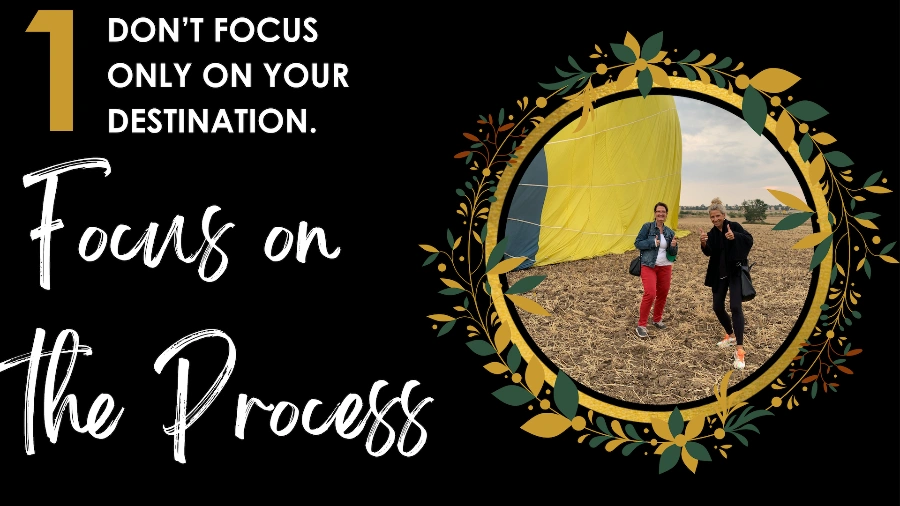
If you’re making a high-altitude climb, mapping your process is a step you would do while in basecamp – long before you take those first steps toward the summit. Basecamp is a place to envision the steps in your process and the order in which you’ll take them. Your intentions come to life with your unique process.
After all, a thriving, fulfilled life is rarely the result of luck or fate. There’s nearly always a process or a series of steps (and even missteps) happening along the way. A call to focus on the process is another way of saying, “Don’t focus only on your destination.”
While having a destination or a goal in mind is essential, especially as you launch into a new year, a destination-only mindset can become counterproductive as you set and meet deadlines and then simply move on.
For example, suppose your end goal is to become a published author; you can expect to be happy once you achieve this. But chances are, you wouldn’t be satisfied. You’d more than likely become worried about reviews, start fretting about particular passages or begin thinking about writing the next book.
There’s even a social science term for this – Hedonic Adaptation. Once we get the thing/job/goal, we up the ante. Even if we’ve spent our whole lives pursuing something, we adapt to it. Hedonic adaptation is a relative of lifestyle creep – when we adjust our spending without noticing when we earn more money.
Your overall level of happiness will settle at a baseline level. This psychological phenomenon is helpful because it’s our mind’s way of protecting us from becoming overwhelmed when life becomes emotional or stressful.
Why We Don’t Like to Focus on The Process
Focusing on outcomes rather than processes might take less introspection – the kind of uncomfortable work we don’t want to do or feel we don’t have time to do. It’s more difficult to slow down and look at what you learned before the “end,” measuring yourself against the outputs and outcomes rather than looking inside ourselves.
Benefits of Focusing on The Process
1 Repetition is possible
If you don’t know what steps you took along the way that helped or hurt, how can you replicate the process if you need to?
2. Teaching moments
If you achieve a goal without pausing to recognize how you reached it, how will you impart your knowledge to others or undertake another goal? Skipping over the work of reflection takes away from your learning and makes it hard to know what steps you took that may have been critical to success.
3. Process ensures a better outcome/product
If you notice your process and document it, you will have something to refer to when life throws an inevitable curveball at you. With the example of writing a book, steps may include: writing a first draft, getting feedback from your editor, making revisions based on those edits, submitting your second draft, getting feedback again and submitting your final draft. But if you are preparing your final draft and you become aware of new research, you will have to go back and incorporate it, even if it was you, and not your editor, who became aware of it. If you’re only focused on getting it finished, you might forge ahead thinking only of the end goal, sacrificing quality in the process.
So take a moment now to think about your Process. Start by determining your goal, then work backwards to define the steps you’ll take to get there.
Don’t Pause; Permutate
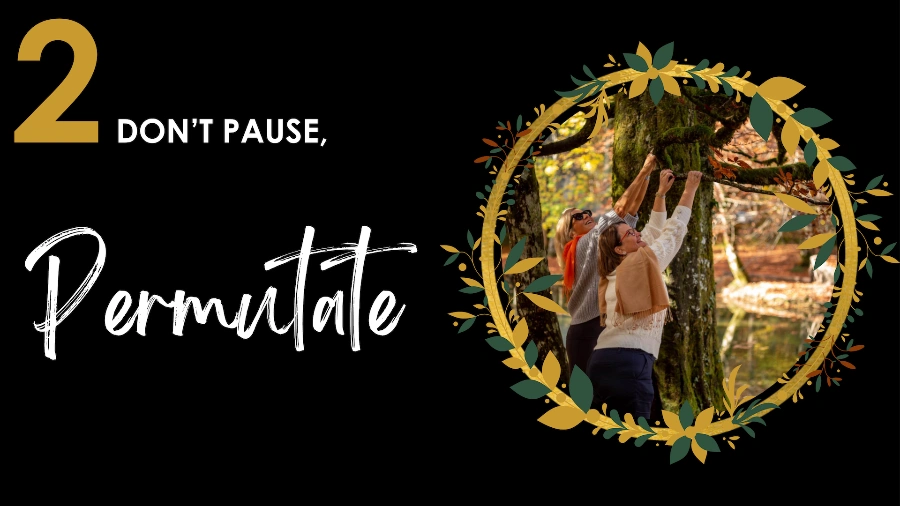
When you are climbing, you are able to reassess and consider the path ahead. High altitude climbers make these short excursions from basecamp to test out the weather conditions and their equipment. When either – or both – prove to be less than optimal, do they just return to base camp, pack up and head home? Absolutely not. Instead, these short test climbs allow them to change or permutate what they are doing.
Permutate is a verb that means to “change the order or arrangement.” How often can you change something when that “something” is not working? We may think there is an order, a linear way to move from Point A to Point B – for example, from starting our novel to getting it published. But if we don’t acknowledge that the steps may not stay in a predetermined order, we’ll face what we think are insurmountable roadblocks when they’re really only speed bumps.
How you face any emotional situation, be it a diagnosis, a loss of a loved one, or a publisher’s rejection, will depend on how well you have prepared to adapt and change. Studies have shown that those who view ageing as an adaptation rather than an uncontrollable state show significantly improved stamina and resilience.
Embracing flexibility creates positive change. Think about an employee who is fearful of change, resists any modifications to how “they’ve always done it” and remains stubborn when confronted about their mistakes. This kind of employee holds a company back, covers up mistakes, and may even look to blame someone else. How can this employee positively affect a company’s mission?
Flexible employees who embrace change create a positive, agile environment. They allow themselves to be innovative and forward-thinking and aren’t worried about changes in the work environment because these changes are opportunities for them to reinvent themselves.
Praise Yourself Along the Way.
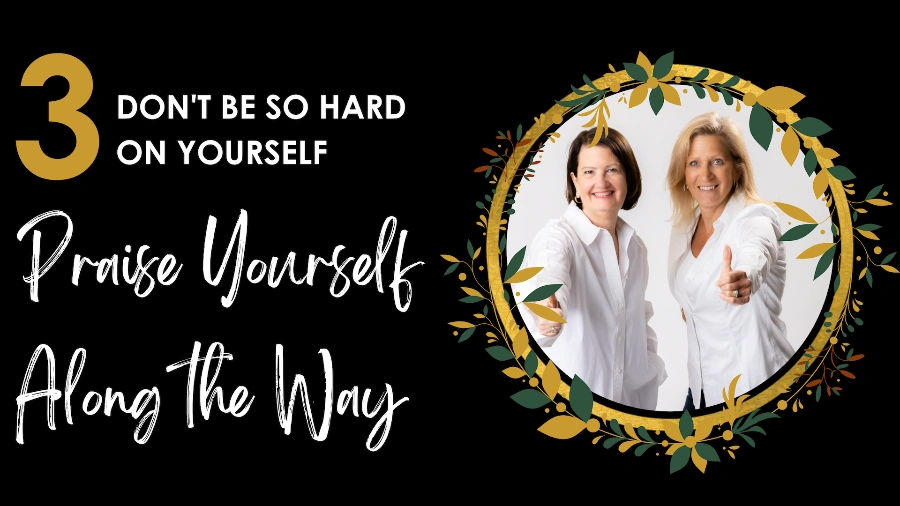
Tracking small achievements helps to boost your confidence by activating the reward circuitry within your brain. Rather than thinking of it as a to-do list for you to cross off throughout the day, wait until the end of the day and record all of your small “wins.” This allows your brain to reflect on the accumulated small achievements to build future motivation.
We’re big proponents of accountability partners who can check in with you, keep you on track and celebrate your progress (even when you hesitate to do so). Your editor, life coach or closest friend is like your own climbing partner, who gives you positive reinforcement while you continue to push for the summit.
When choosing an accountability partner, select someone who is more disciplined than you are, someone you wouldn’t want to disappoint, and someone who has time for periodic check-ins.
Have Patience in Your Journey
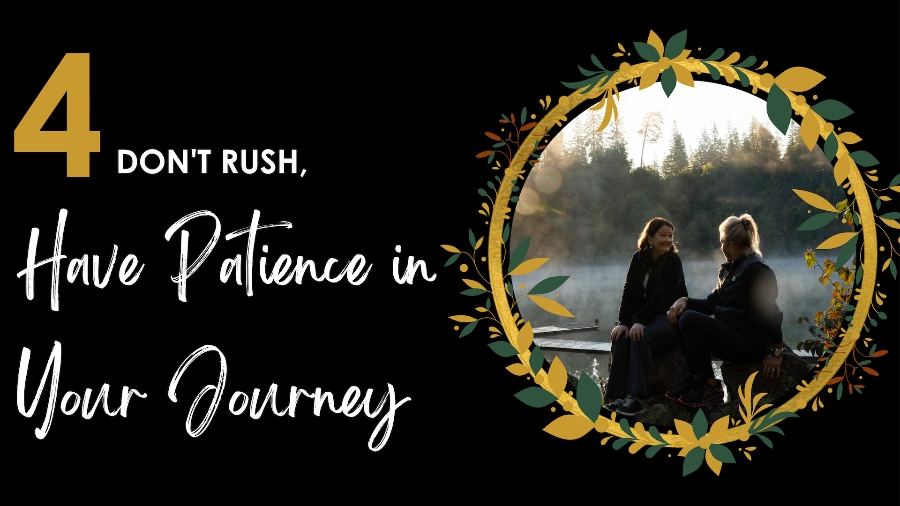
Mountain climbers are extremely patient because they understand that impatience means taking shortcuts and other risky behavior. Mostly its self preservation since risky behavior would mean their first big summit attempt would most certainly be their last.
Cultivating patience, like being able to adapt, is an essential coping mechanism for dealing with emotional setbacks and bad news whether you’re an extreme athlete or an aspiring business leader.
Practicing patience, rather than simply trying to be patient, is something you’ll always have to work to improve. Patience helps others feel more comfortable around you and allows you to make more rational and realistic decisions.
Take the example of a leader who says things like, “I don’t tolerate failure.” or “All I am hearing is excuses.” or “If this happens again, I’ll have no choice but to let you go.” Perhaps it’s in response to a missed deadline or an employee is unable to take on a task. Regardless, this leader has created an environment where their employees will do anything to avoid their wrath. This includes hiding mistakes or pointing blame at another employee. Talk about a toxic work environment! Practicing patience allows leaders to have better relationships in the workplace and be viewed with more credibility and respect.
One way to practice patience is to practice being more mindful. Our book, Wake Up, Shake Up, Thrive, emphasizes how mindfulness is a significant component of nurturing your Spiritual Dimension of overall wellness. Mindfulness is a powerful tool that creates time to pause between your actions and reactions. This pause allows you to slow down your automatic pilot and bring awareness to what’s happening.
A few daily practices you can incorporate are mindful eating, mindful movement, and mindful responses. An example of a mindful response might be letting a hastily typed email or text lie before hitting send.
Guidance Has No Age Limit
No matter where you are in your journey — deciding to take the first step, resting at base camp, or pushing for the summit — these four practices will help you continue to make forward momentum. Remember the four Ps: Process, Permutation, Praise and Patience!
Through our blogs, you are getting to know us but we want to know more about you. What better way than a 30-minute “getting to know you call” designed to clarify your goals and leave with a GUARANTEED win! Reach out to schedule yours!
